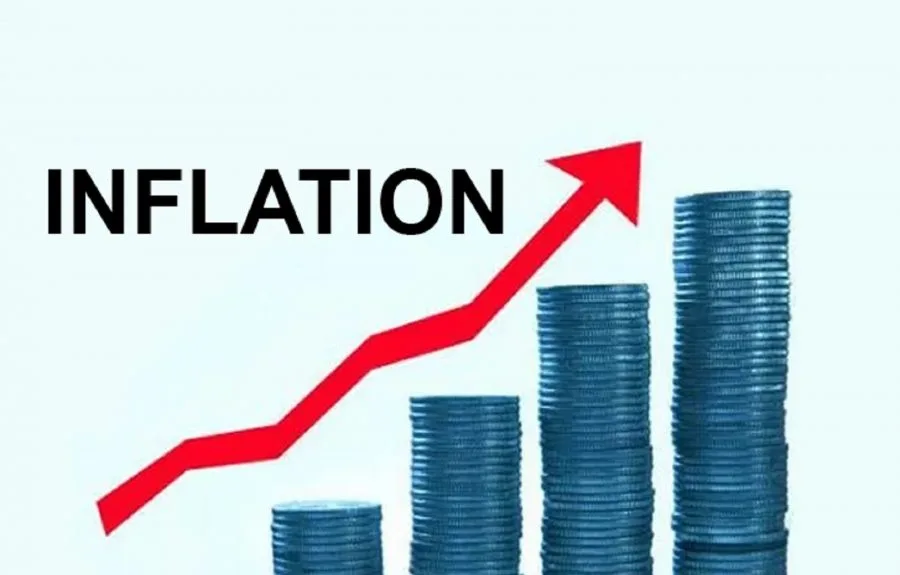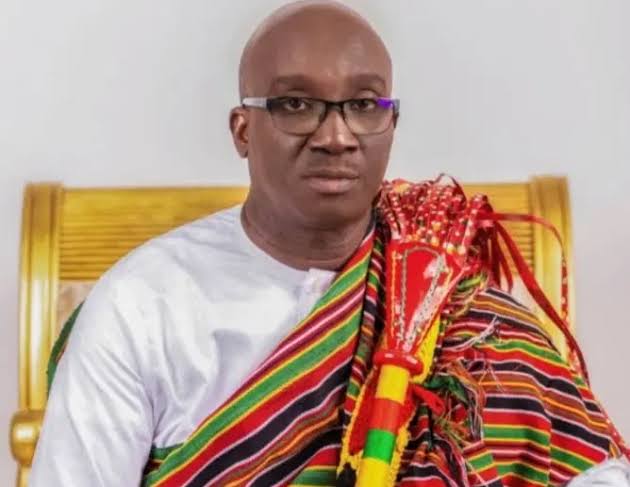Nigeria’s inflation surge is squeezing households and businesses, with rising energy costs hitting small businesses and middle-income families hardest.
A CBN survey highlights public concern as prices continue to climb.

In Nigeria, households and businesses are hoping for a reduction in inflation over the next six months, as the central bank works to curb rising prices that are hitting consumers and businesses hard.
According to the Central Bank of Nigeria’s (CBN) October Inflation Expectation Survey, many Nigerians believe the bank’s actions influence inflation; however, the general feeling is that the current rate is too high, particularly in urban areas.
The report highlighted that inflation has especially affected small businesses, which make up 96 per cent of Nigerian enterprises.
In addition, households earning between ₦150,000 and ₦200,000 monthly are struggling with rising costs, eroding purchasing power, and pushing more people into poverty.
Read Also: President Tinubu Brags About $30 Billion In Investment Commitments By His Administration
A key driver of inflation has been the sharp rise in energy costs.
The removal of fuel subsidies by President Bola Tinubu’s administration has caused petrol and electricity prices to surge.
This reform, aimed at stimulating the economy, has instead led to a cost-of-living crisis for many Nigerians, reducing disposable income for households and lowering profits for businesses.
In September, the Consumer Price Index (CPI) surged to 32.70 per cent, up from 32.15 per cent in August.
Furthermore, petrol prices have also climbed, reaching ₦998 per litre in Lagos and ₦1,003 in parts of the northeast.
Analysts project that inflation will continue to rise in the coming months, with headline inflation expected to reach 33 per cent in October, up from 32.7 per cent in September.

